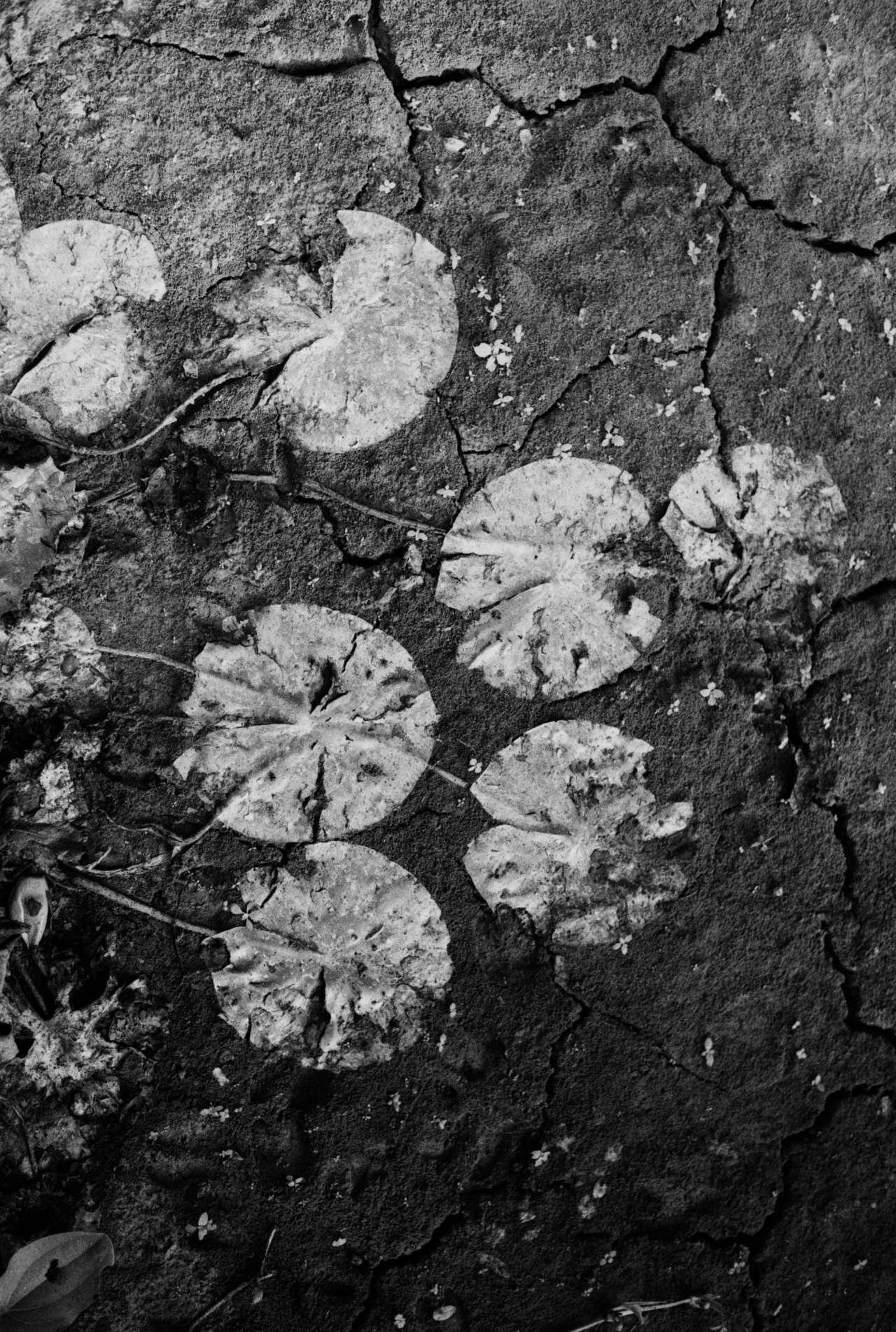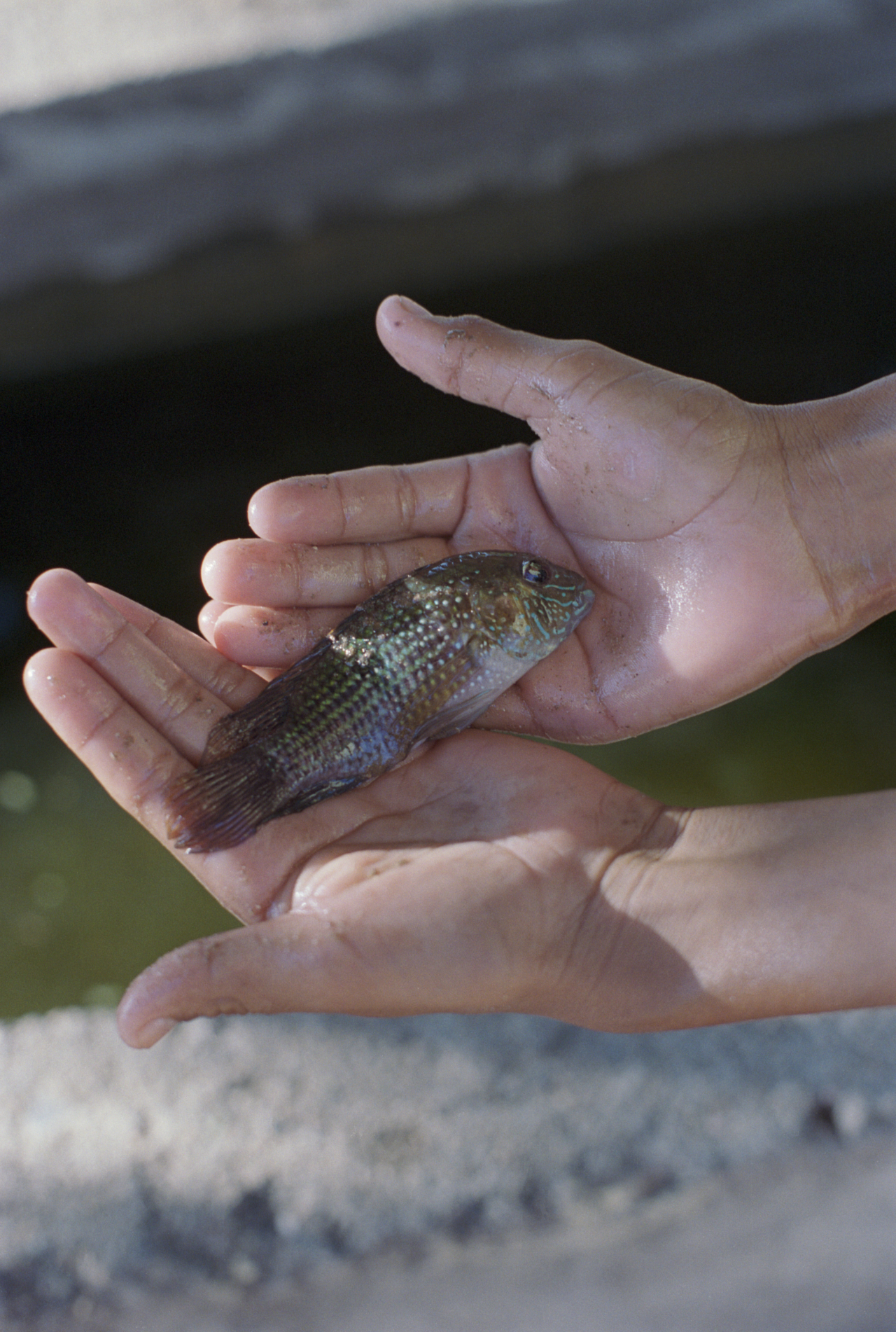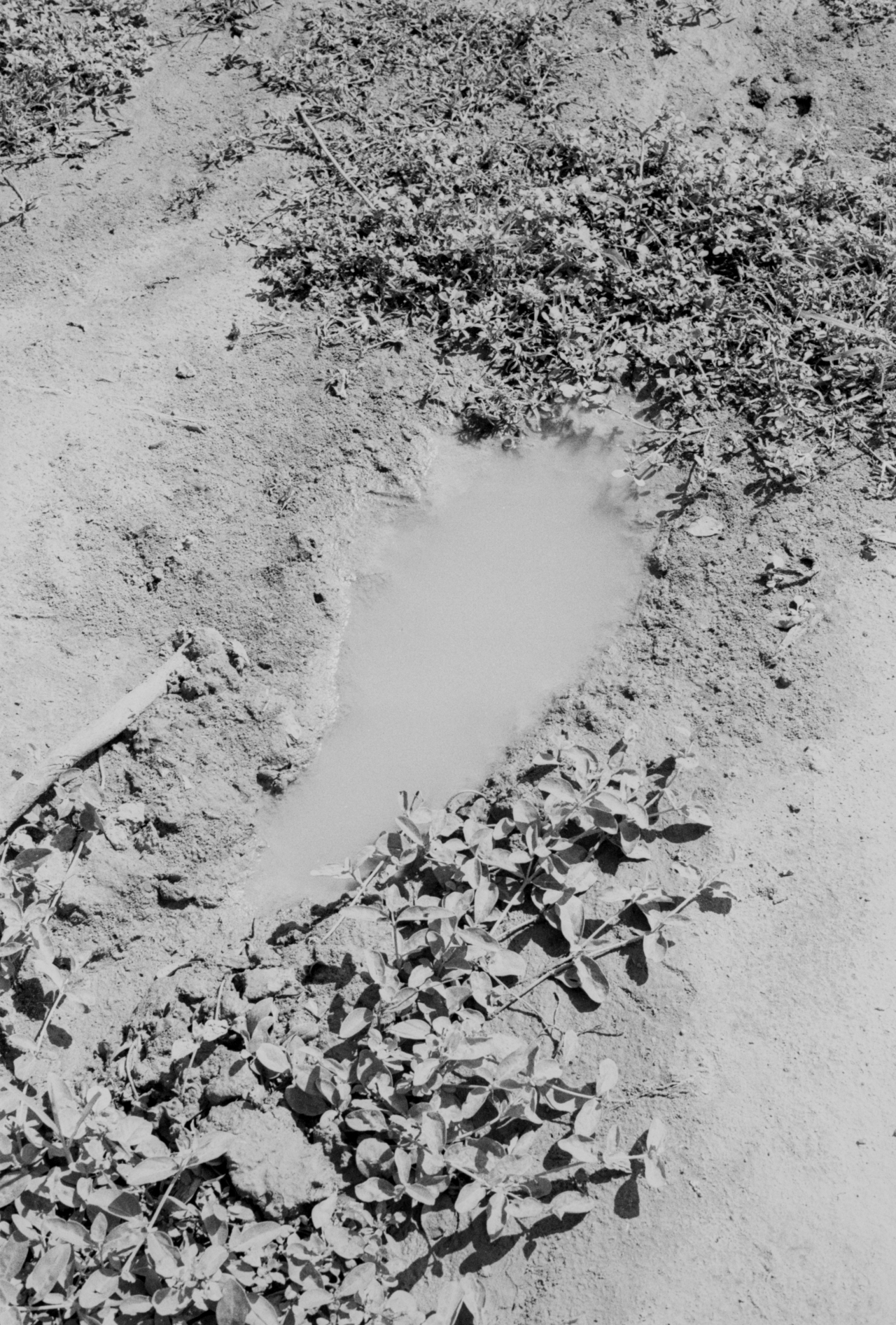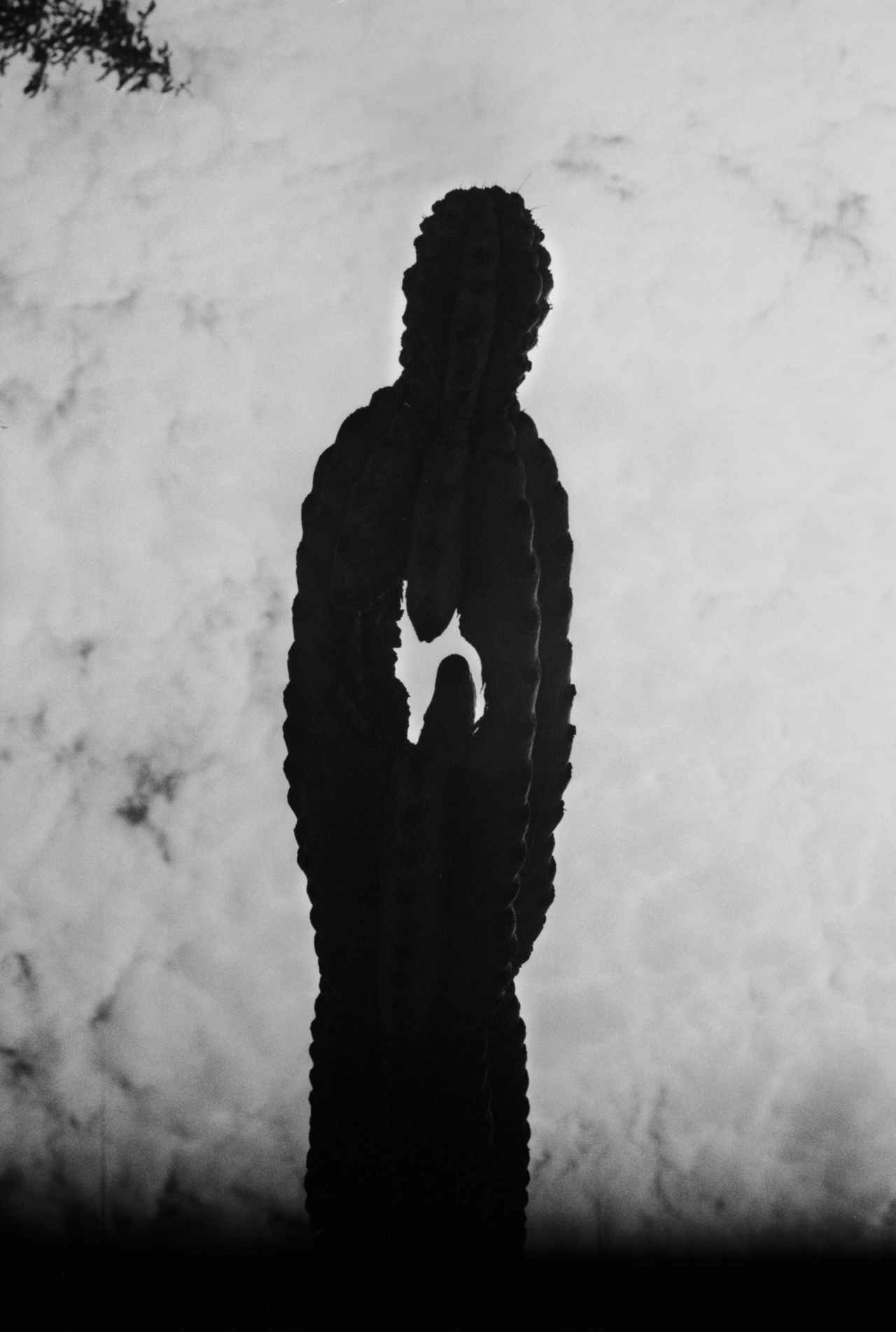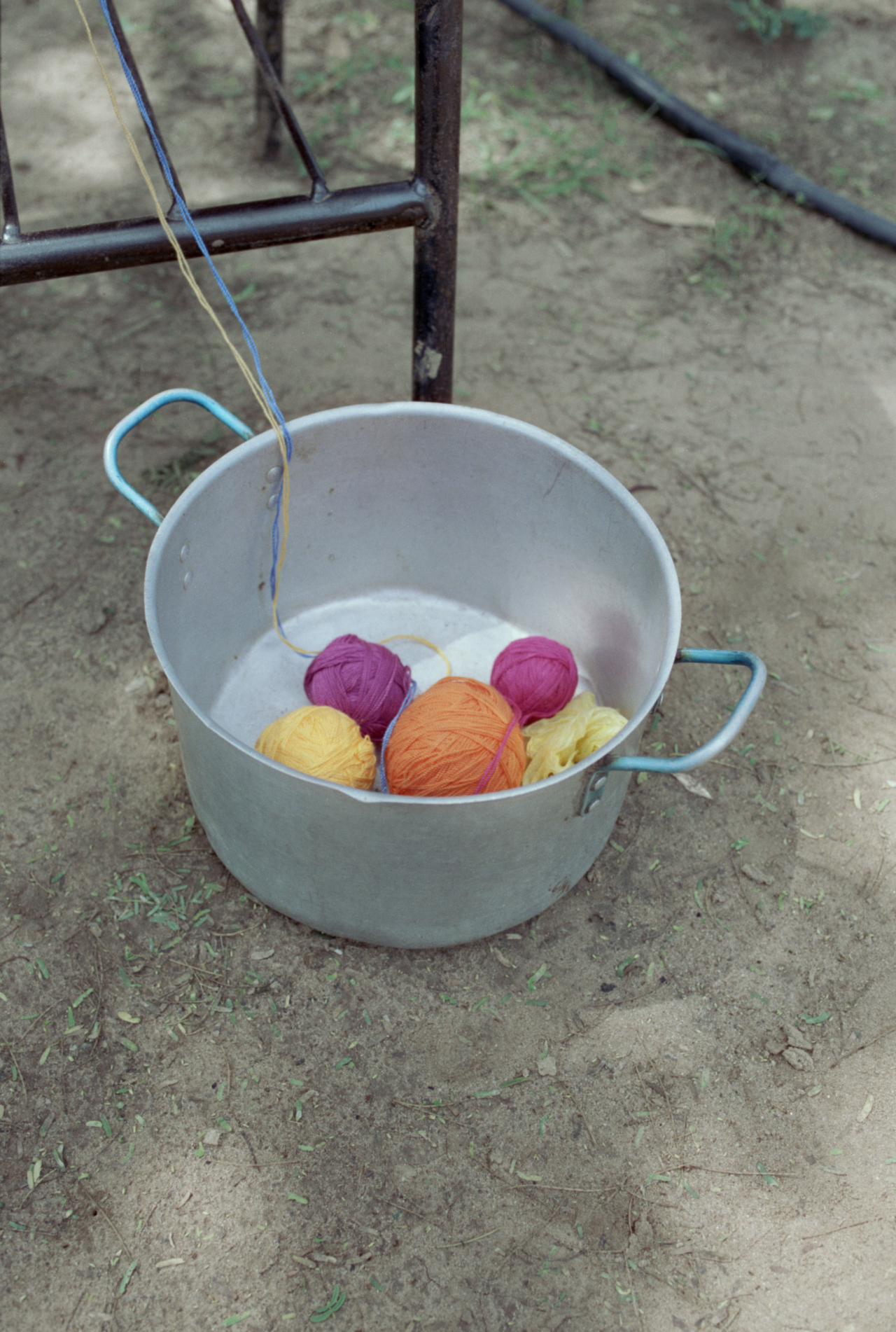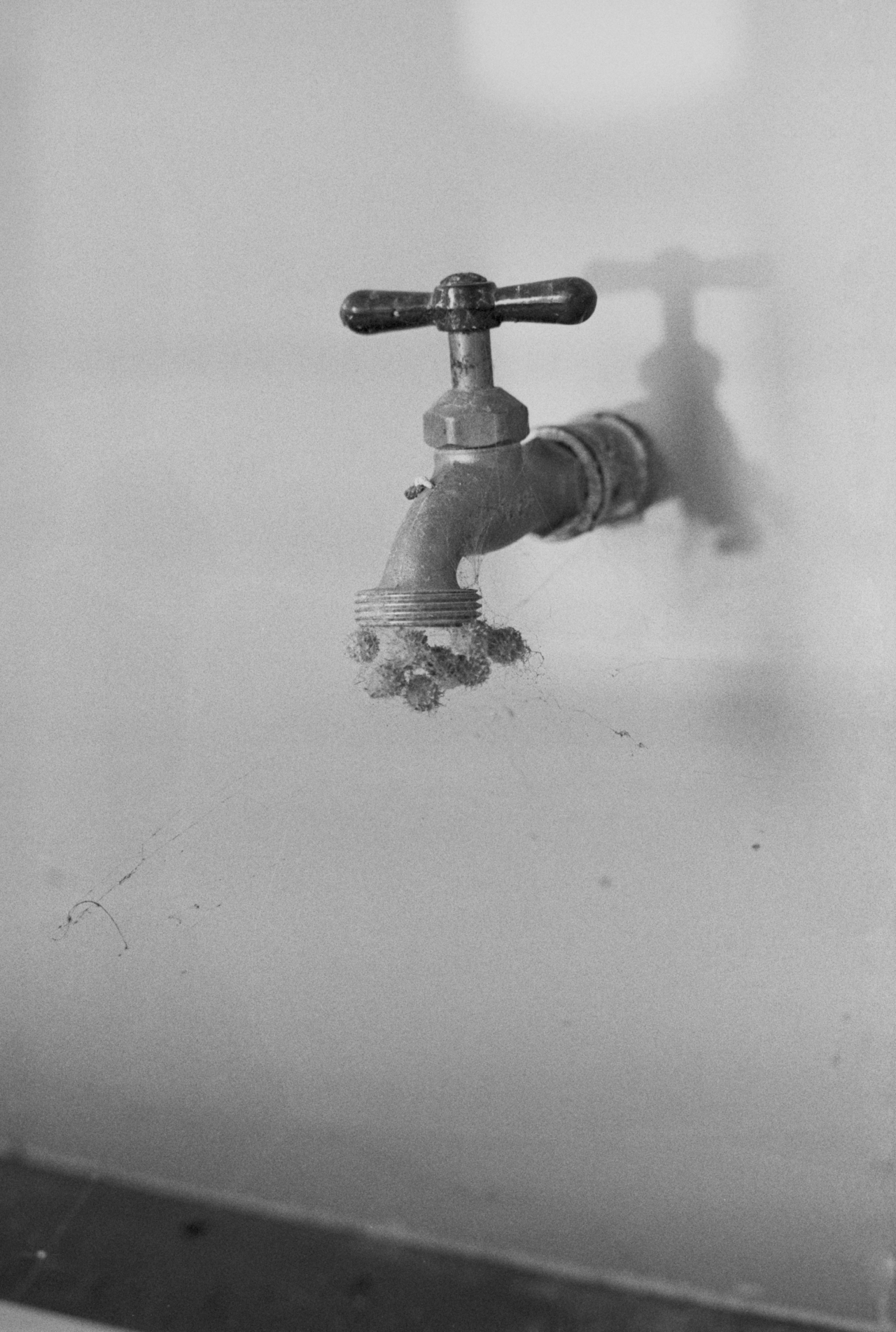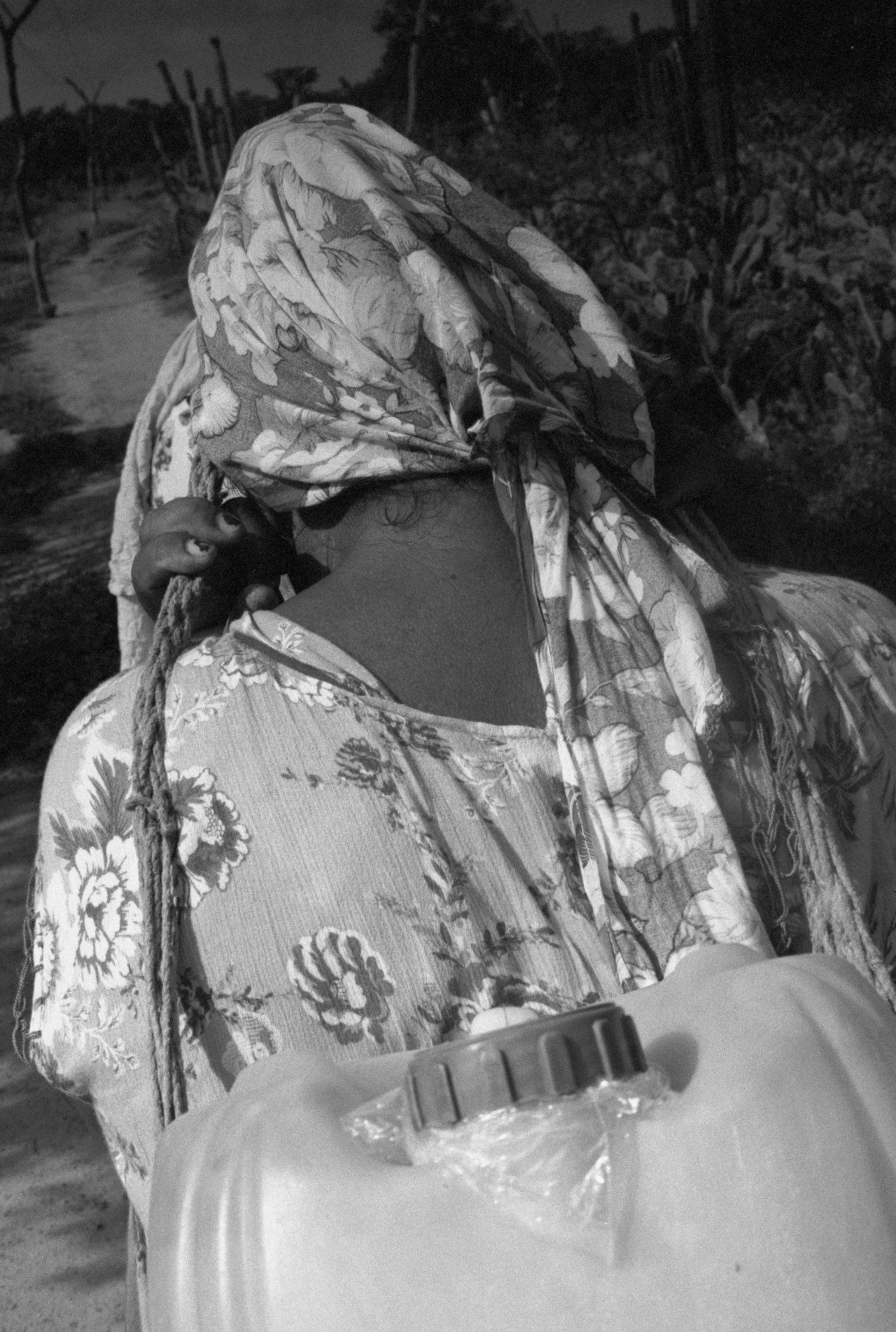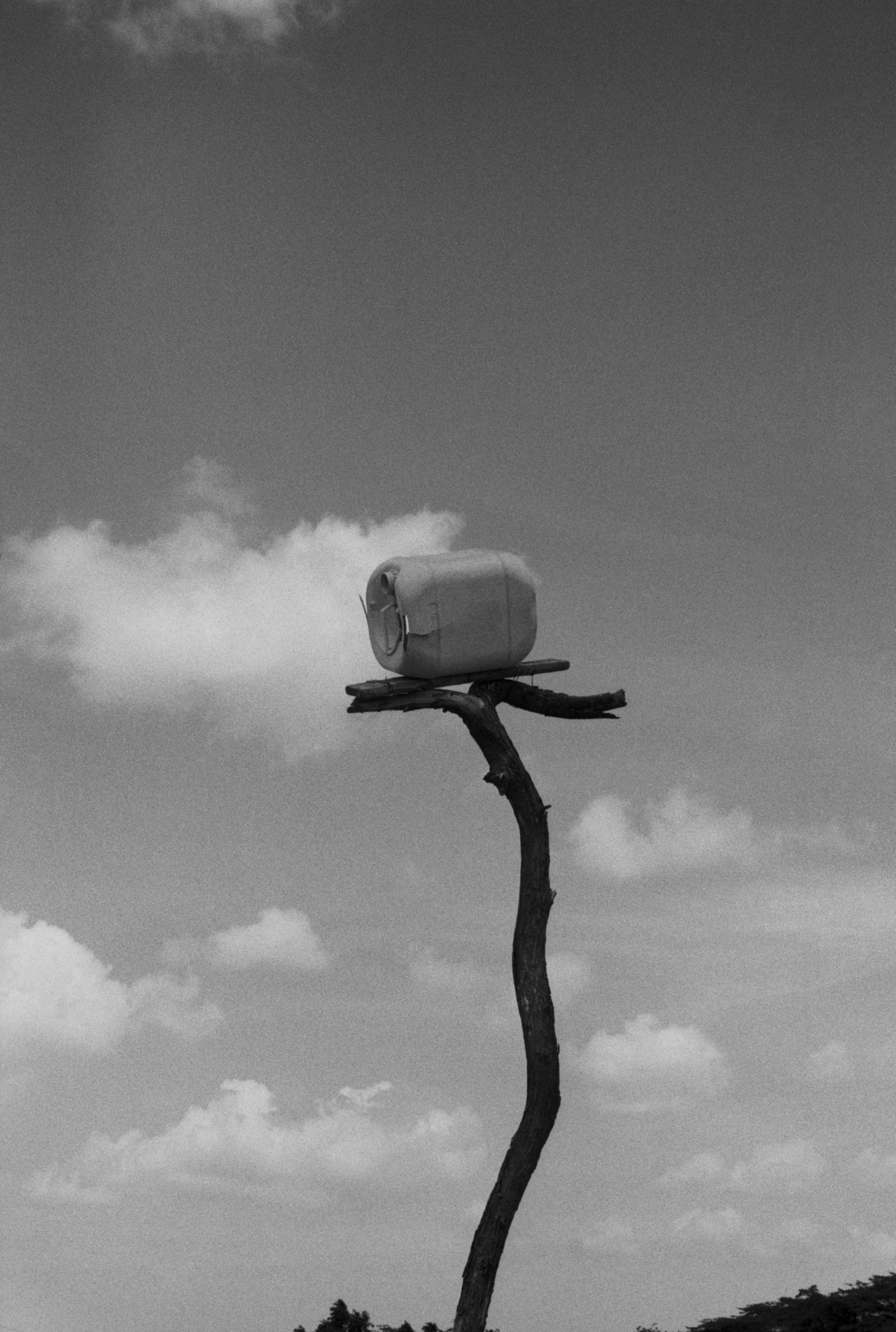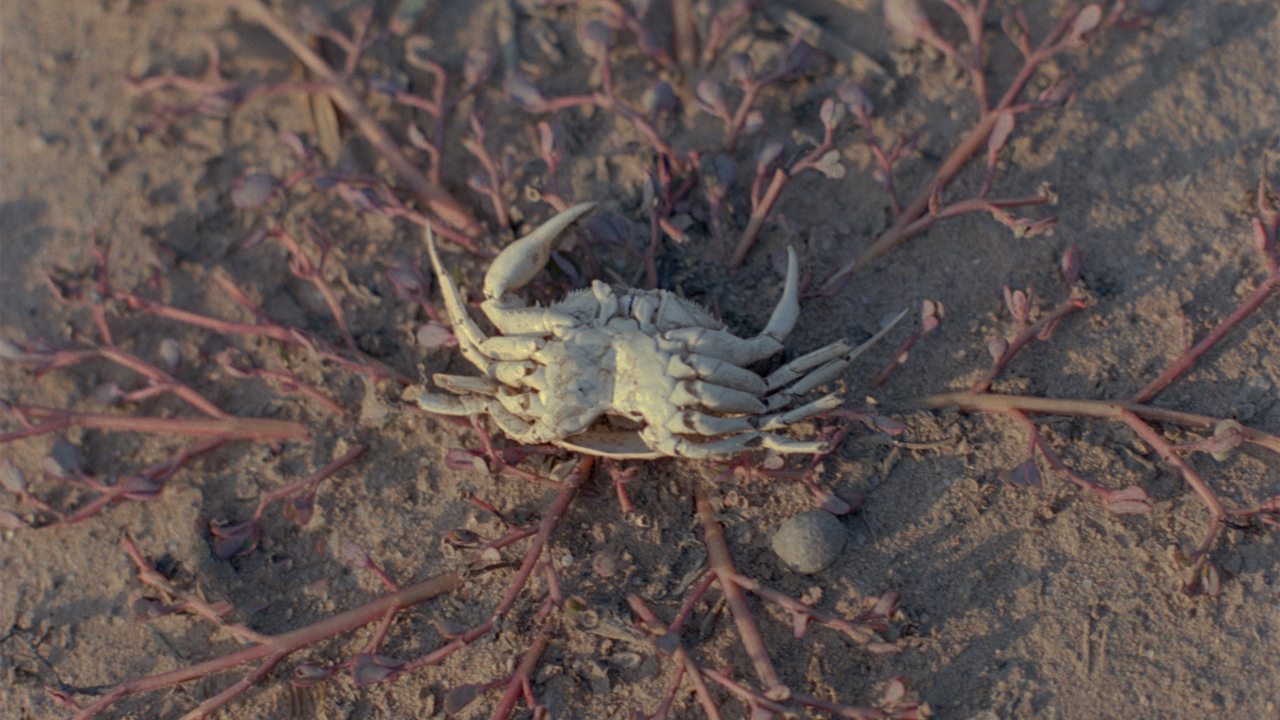

Photographs and Words by Marisol Mendez and Federico Kaplan
Climate change, exacerbated by human negligence, has led to a stifling water shortage in La Guajira in northeastern Colombia, a problem that has proven to be both cyclical and multilayered. The Wayuu people, an Indigenous population from La Guajira, have been stewarding Colombia’s coastal desert for around 3,000 years. While some Wayuu communities can secure usable water during rainy seasons, temperatures are eventually bound to rise, drying up the land again. Global warming only aggravates this, causing droughts and famine, and spoiling the facilities and installations that help source clean water.
Miruku is a photo series that explores how gender inequality and climate vulnerability intersect for the Wayuu women on the frontlines of La Guajira’s water crisis. In the communities we visited, women are the most affected by the climate emergency. The socioeconomic and racial discrimination they face as Indigenous people intensifies the consequences that the water crisis has on their health, home, and livelihoods. Plus, the power imbalance they endure as female members of a patriarchal society makes it so they are responsible for the daily challenge of providing water for the households they also run.
As photographers, we sought to highlight the strength and resourcefulness of the Wayuu women as we find it inspiring that, even under such conditions, they have established themselves as community leaders, teachers, and climate activists.








Join our membership community. Support our work, receive a complimentary subscription to Atmos Magazine, and more.
The Indigenous Communities on the Frontlines of Colombia’s Water Crisis
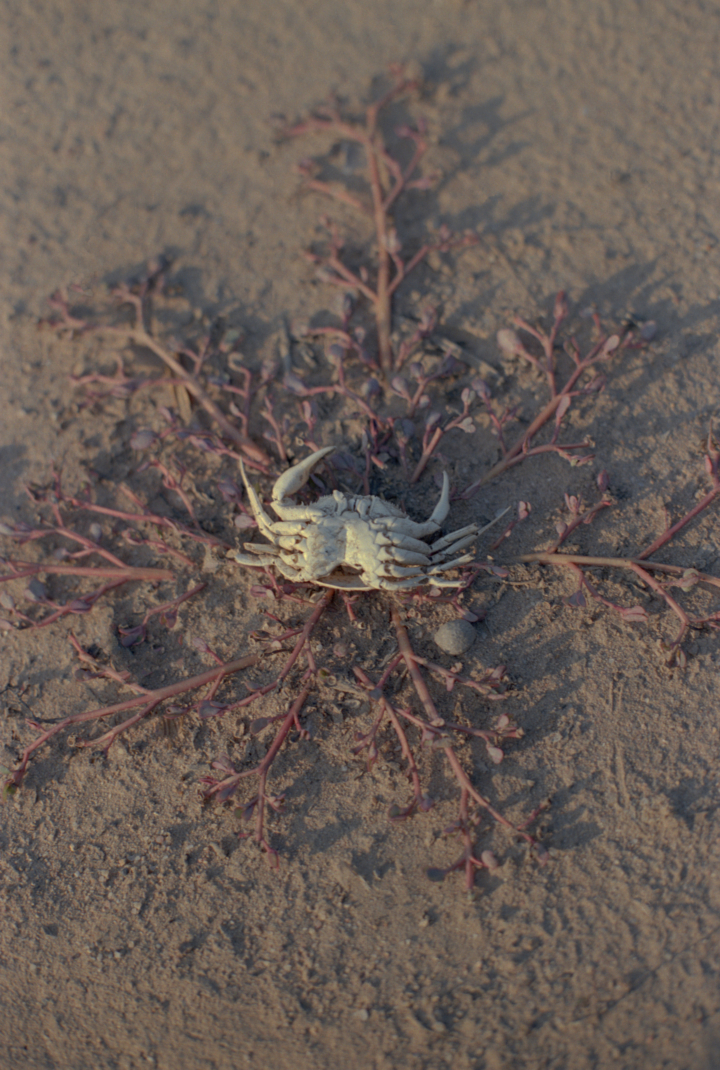
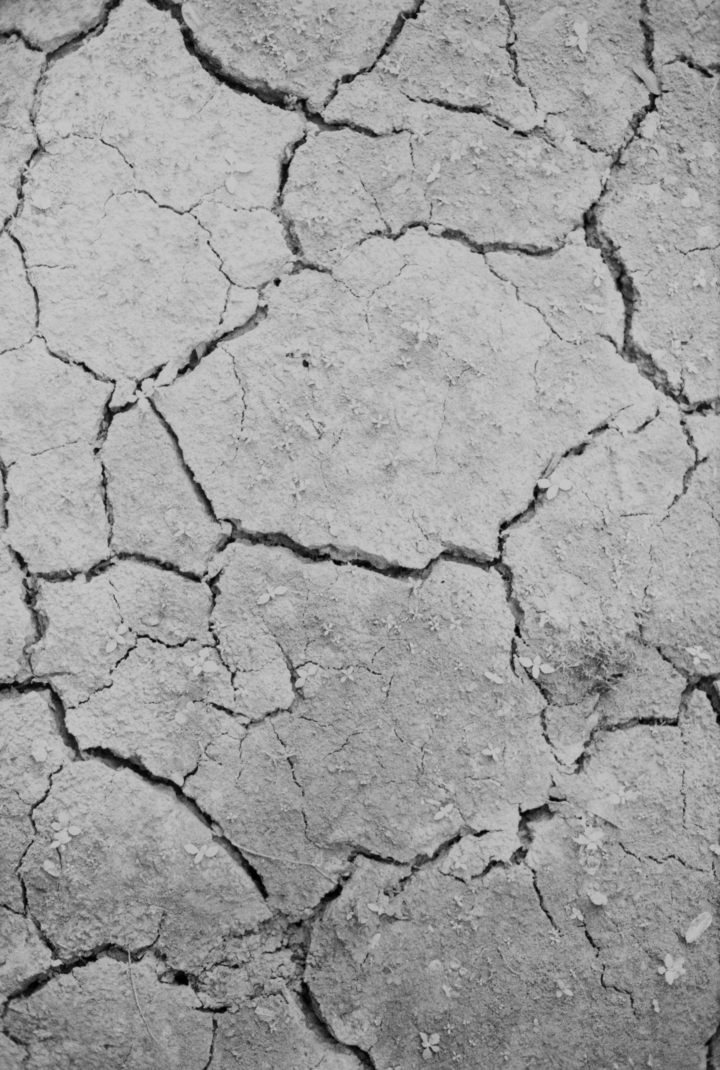
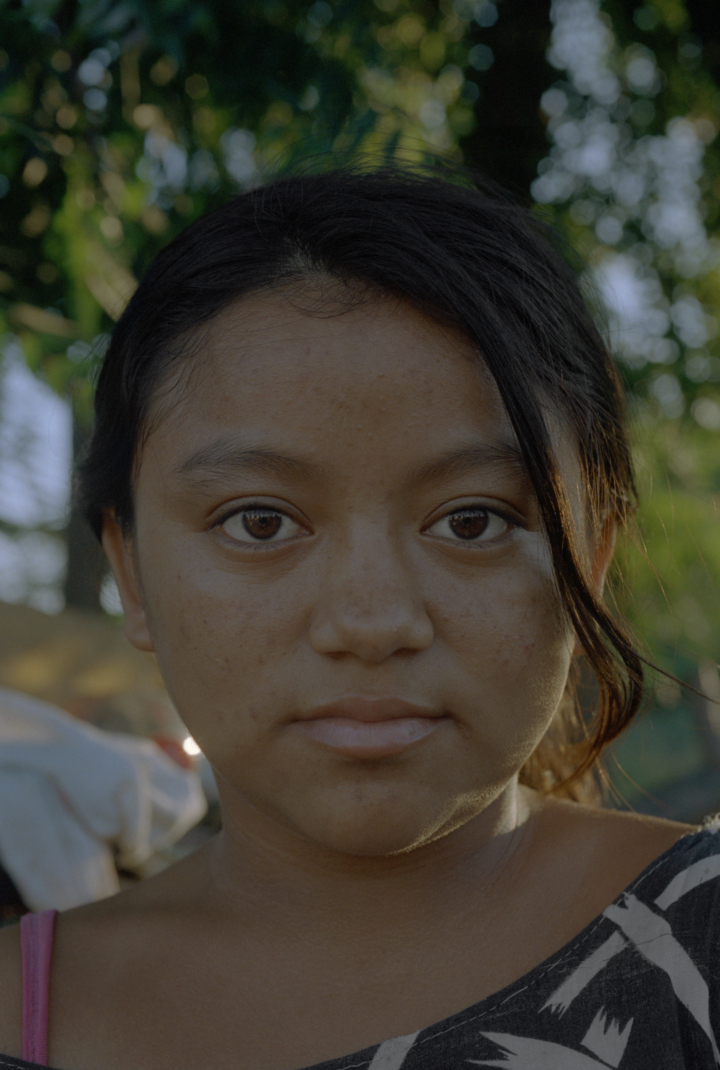
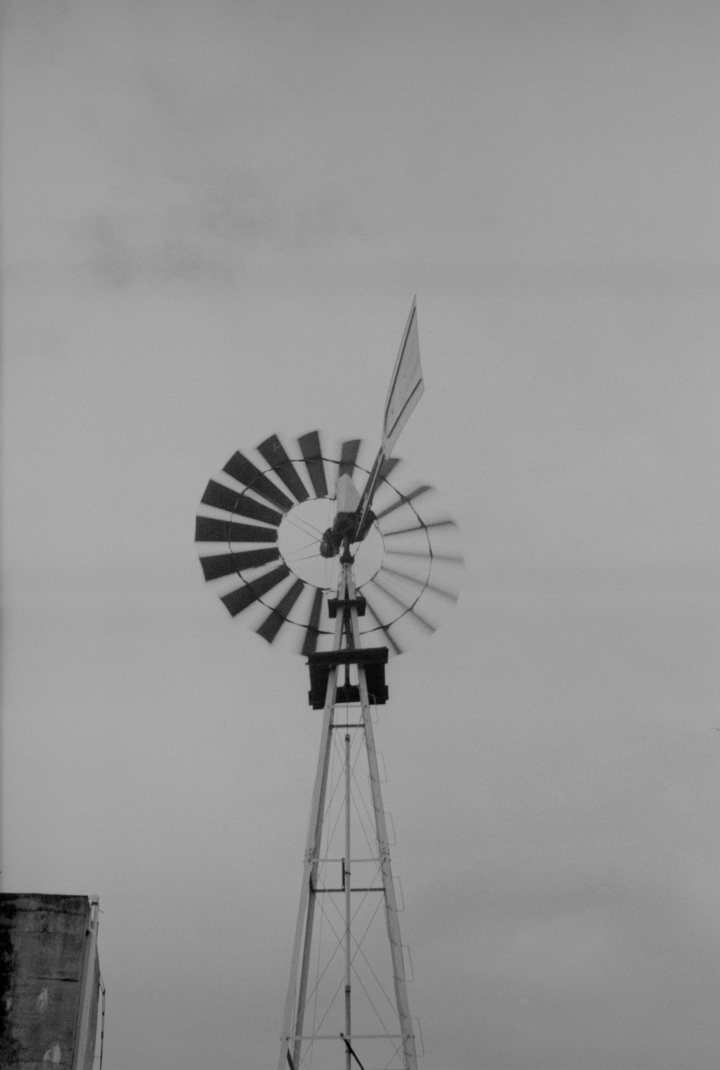
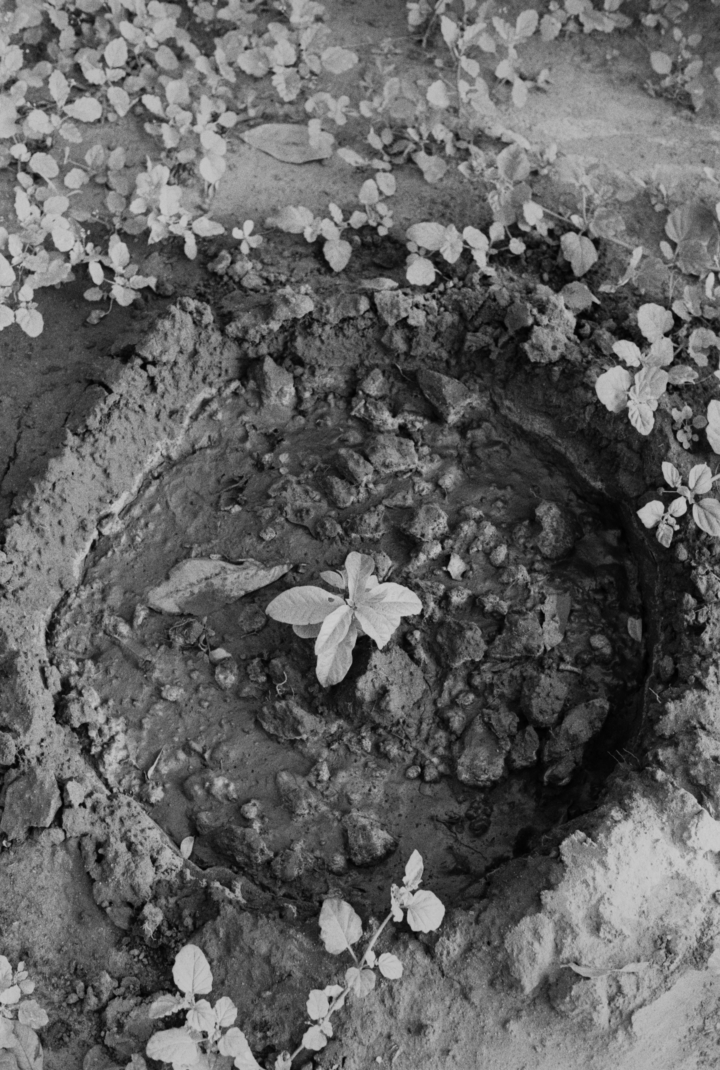
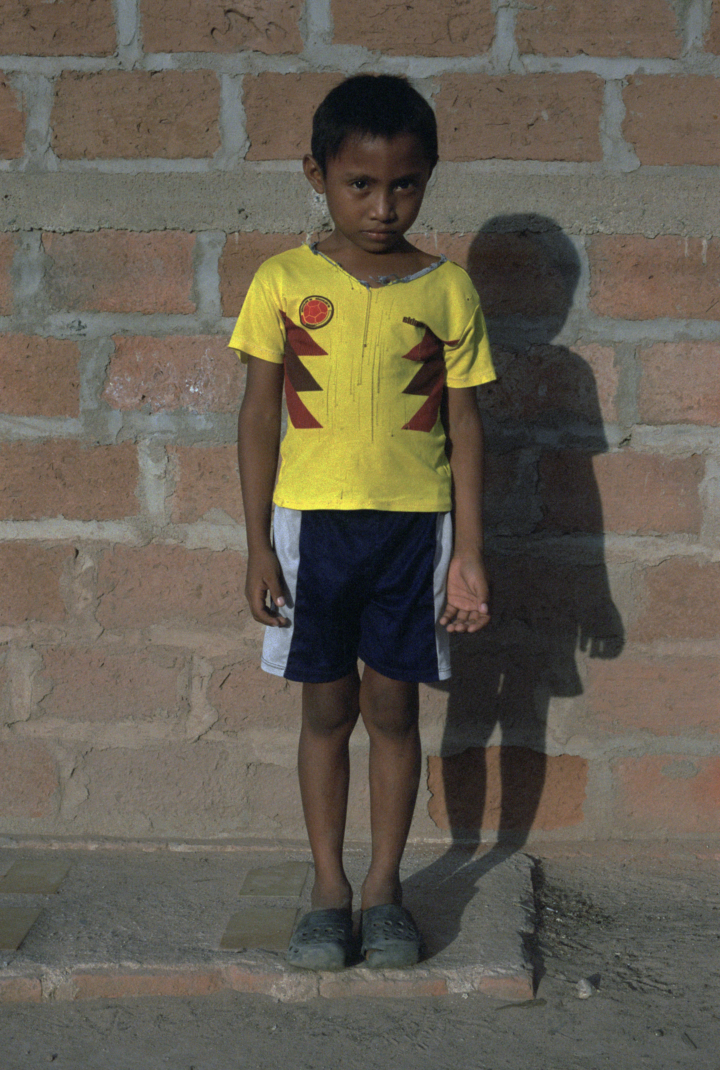
The Indigenous Communities on the Frontlines of Colombia’s Water Crisis
